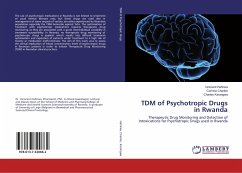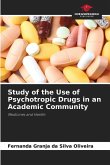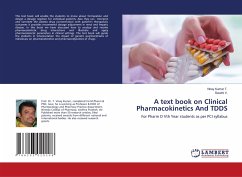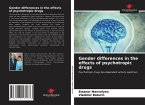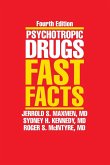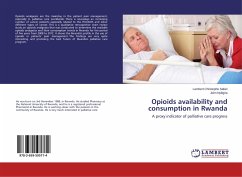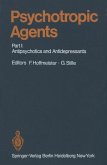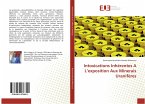The use of psychotropic medications in Rwanda is not limited to treatment of usual mental illnesses only, but these drugs are used also in management of some sequels of various atrocities experienced by Rwandan population especially the 1994 Genocide against Tutsi. The optimisation of treatment with psychotropic medications requires therapeutic drug monitoring as they are associated with a great interindividual variability in treatment susceptibility. In Rwanda, no therapeutic drug monitoring of psychotropic drugs is applied, which results into difficult treatment optimisation and exposition of patients under treatment to a high risk of toxicity or medication ineffectiveness. The aim of this work was to assess the clinical implication of blood concentration levels of psychotropic drugs in Rwandan patients in order to initiate Therapeutic Drug Monitoring (TDM) in Rwandan clinical practices.

